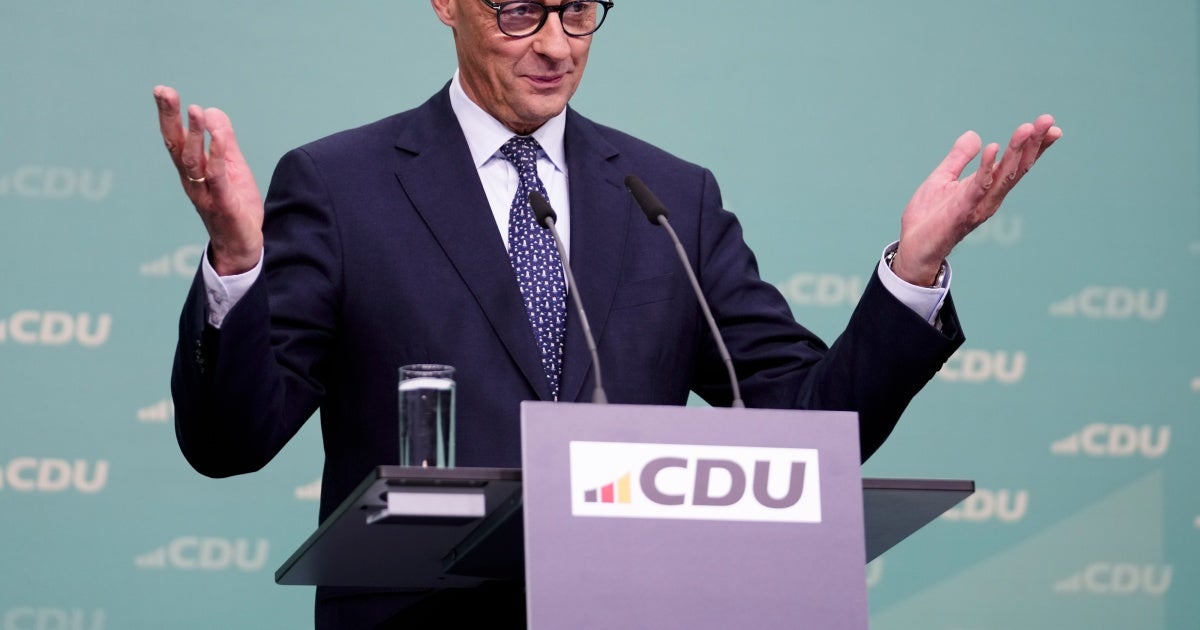BERLIN — The German Nuclear Waste Management Fund (KENFO), established in 2017, manages €24 billion earmarked for the long-term disposal of radioactive waste—a task projected to cost up to €130 billion by century’s end. With a mandate focused solely on nuclear clean-up, KENFO operates under strict legal obligations to fund annual disposal costs, including €805 million in 2024.
To meet its inflation-adjusted return target of 3.7%, KENFO has adopted a distinctive investment strategy. At least 20% of assets are held in liquid instruments, while up to one-third is allocated to alternatives, with a strong emphasis on infrastructure. Real estate remains a minor component due to past interest rate conditions, and only 10% of the bond portfolio is in government debt, with the remainder in corporate, high-yield, and emerging market bonds.
Head of investment management Verena Kempe highlights infrastructure’s role in hedging inflation and notes the fund’s growing use of co-investments to reduce costs. KENFO works with 18 asset managers, including BlackRock, Axa, and Aberdeen, though fund-level details remain undisclosed.
Despite its net-zero pledge and exclusion of nuclear investments, KENFO faces criticism from campaigners over fossil fuel holdings. Advocacy group Urgewald has called for full divestment, citing exposure to oil and gas producers. Kempe defends a transition-focused approach, arguing that gradual sectoral shifts better align with the fund’s stability mandate.
As Germany continues to grapple with its nuclear legacy, KENFO’s investment strategy reflects a balancing act between financial prudence, sustainability goals, and the complex realities of energy transition.

